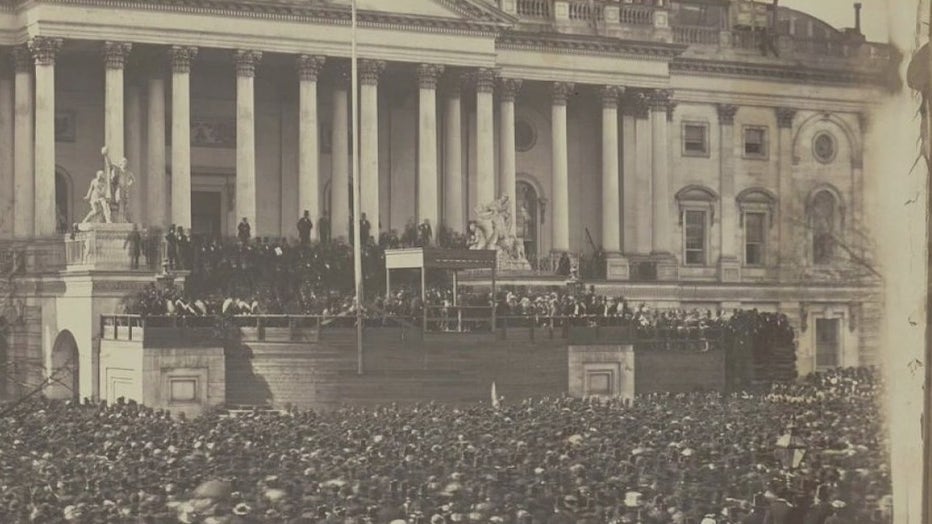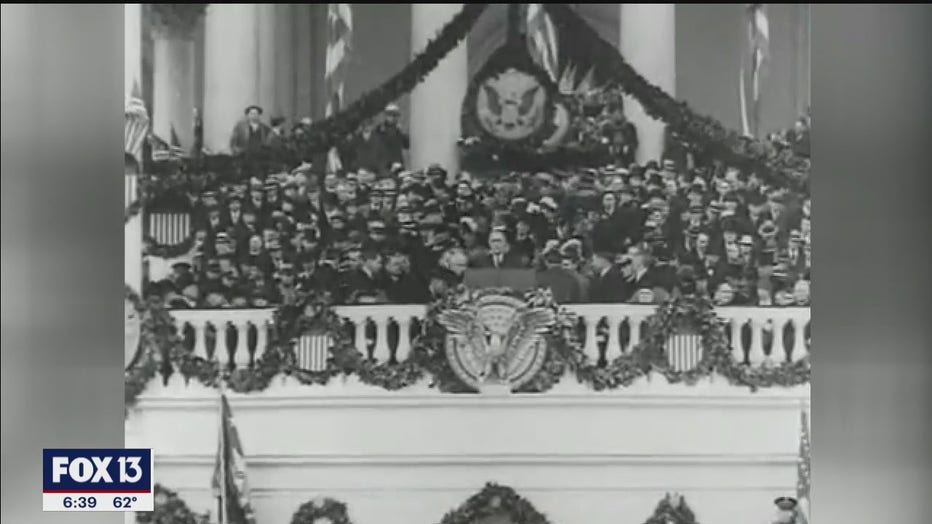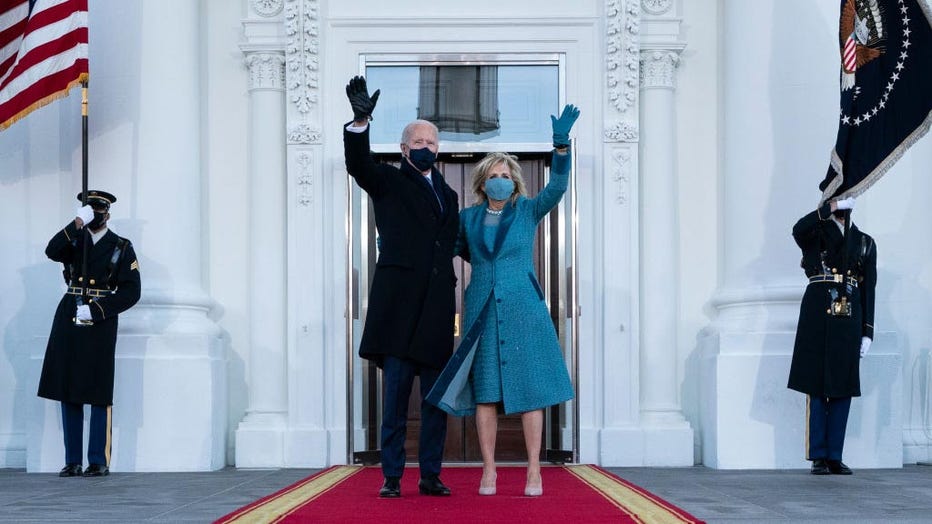What makes an inaugural address memorable
The election was challenged in court. There were objections to the certification of the electoral college. The new president lost the popular vote. As much as those words could be applied to today's America, they can also be said about the fight over the 2000 election between George W. Bush and Al Gore.
Bush won Florida's electoral votes, and thus the presidency, by only 537 votes.
"The peaceful transfer of authority is rare in history, yet common in our country," were some of the first words of his inaugural address.
MORE: President Biden makes direct appeal to Trump supporters, calls for national unity
The moment from 20 years ago is a reminder that not only can Americans unite, but that our ability to do so is grounded in the work of those who decided a term would be four years, and that leaders would change at a specific time on a specific day.
"With a simple oath, we affirm old traditions and make new beginnings," Bush said during his inaugural address.
The first transition of presidential power from one party to another was John Adams handing off to Thomas Jefferson, who at his 1801 inaugural said, "Every difference of opinion is not a difference of principle, we are all Republicans, we are all Federalists.
RELATED: Democrats gain Senate control as new members sworn in, VP Kamala Harris presides
"The inaugural address was to explain to the American people, that the president, even though elected by one group, actually represented the whole country," said presidential historian, Dr. Jeremi Suri.
Joe Biden will take office after the second non-peaceful transfer of power in American history.

1861 inauguration of Abraham Lincoln
Today, riots in the Capitol threatened the certification of the electoral vote. In 1861, seven states had seceded over slavery as Abraham Lincoln faced the threat of assassination.
At his second inaugural, after four years of Civil War, he said, "With malice toward none, with charity for all, with firmness in the right as God grants us to see the right, let us strive on to finish the work we are in, to bind up the nation's wounds."

Inauguration of FDR
"Ideas and principles that get at the heart of what the American project is supposed to be, and that remind American citizens of what the country can be, or speak to the fears of the current moment," said presidential historian Dr. Lindsay Chervinsky.
Inaugural addresses have proved prescient moments for a president to lay out their vision not of policy, but of national purpose.
Chervinsky and Suri both noted FDR's insistence that "the only thing Americans had to fear during the Great Depression was fear itself."
"Biden needs to find the words that connect with what we are feeling about our democracy, our society," said Suri. "People are not looking at an inaugural address for a silver bullet solution. They are not even looking for a strategy statement or a business plan. They are looking for someone to connect with them."

President Joe Biden and first lady Dr. Jill Biden wave as they arrive at the North Portico of the White House, on Jan. 20, 2021, in Washington, D.C. During today's inauguration ceremony Joe Biden became the 46th president of the United States. (Photo
Chervinsky argues that FDR showed an inaugural requires honesty as much as it does cheerleading.
"What he was saying was, our country has so much potential, that we are the only thing getting in the way of us being the best version we can be," said Chervinsky.
No one knows what the new president will say that will be remembered, or if it will be remembered at all.
"The passages we tend to remember are those that remind us of our best instincts and best values, and encourage us to live up to them," said Chervinsky.

